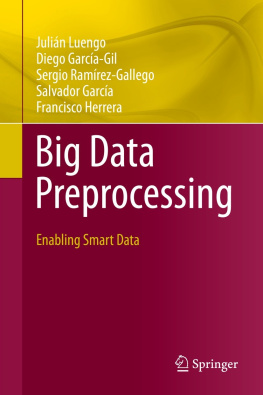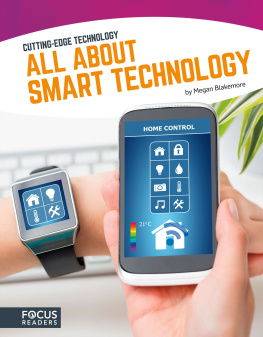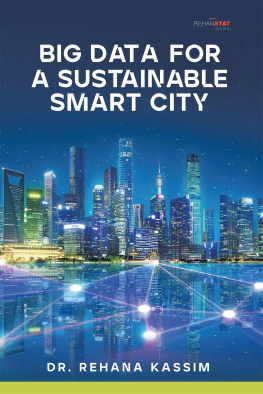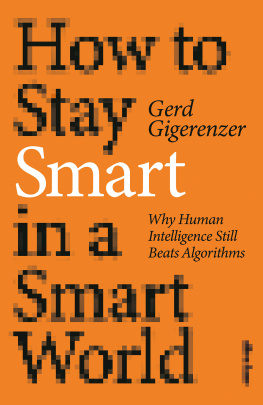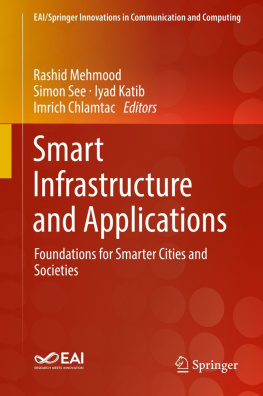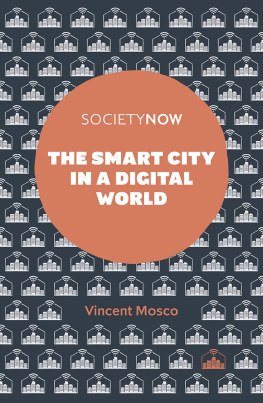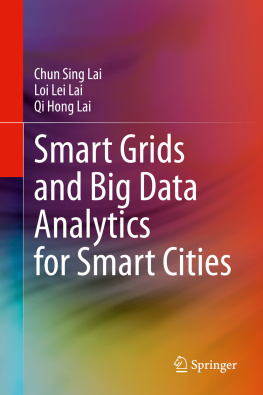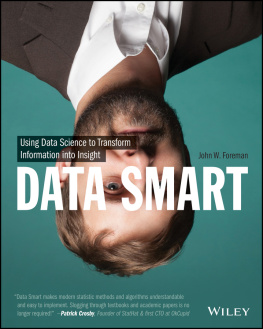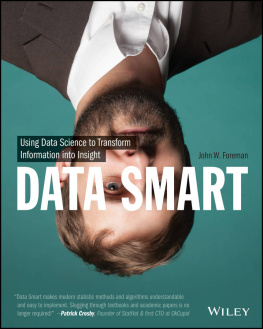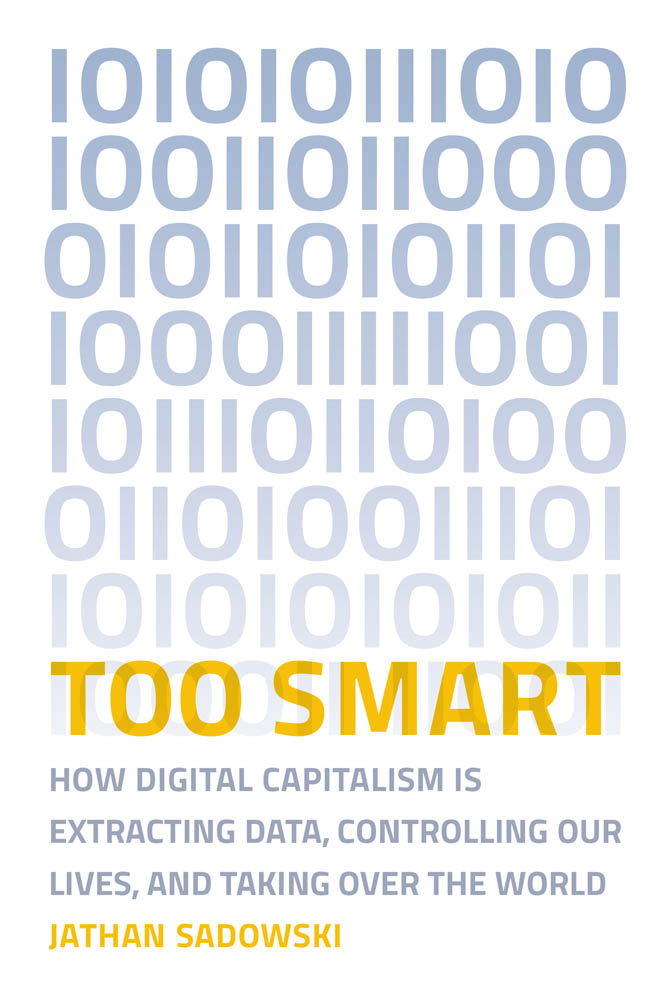
Too Smart
Too Smart
How Digital Capitalism Is Extracting Data, Controlling Our Lives, and Taking Over the World
Jathan Sadowski
The MIT Press
Cambridge, Massachusetts
London, England
2020 Massachusetts Institute of Technology
All rights reserved. No part of this book may be reproduced in any form by any electronic or mechanical means (including photocopying, recording, or information storage and retrieval) without permission in writing from the publisher.
This book was set in Stone Serif and Stone Sans by Jen Jackowitz. Printed and bound in the United States of America.
Library of Congress Cataloging-in-Publication Data
Names: Sadowski, Jathan, author.
Title: Too smart : how digital capitalism is extracting data, controlling our lives, and taking over the world / Jathan Sadowski.
Description: Cambridge, Massachusetts : MIT Press, [2020] | Includes bibliographical references and index.
Identifiers: LCCN 2019025848 | ISBN 9780262538589 (paperback)
Subjects: LCSH: Technological innovations--Social aspects. | Technological innovations--Economic aspects.
Classification: LCC HM846 .S23 2020 | DDC 303.48/3--dc23
LC record available at https://lccn.loc.gov/2019025848
10 9 8 7 6 5 4 3 2 1
ISBN: 9780262538589
Retail e-ISBN: 9780262357944
Library e-ISBN: 9780262357937
MITP e-ISBN: 9780262357944
Contents
This book is the product of a large network of people who contributed in important waysintellectually, socially, and professionallyto the work that went into making it a real thing. Theres no way I could do justice to the exhaustive list of people who deserve to be acknowledged, so broad strokes will have to do.
Thanks go to my family, who have provided constant support and encouragement, even when they werent totally sure what I was doing, first as a grad student studying across the country and then as an academic working around the world. But they knew it was something I cared a lot about, and they helped me pursue opportunities in any way they could.
Thanks go to my friends in all the places I have lived and traveled who have kept me sane while I researched the ideas in this book. I cant name you allthe Tempe crew, the Delft crew, the Sydney crew, the placeless crew whom I see wherever and whenever I canbut you know who you are.
Not to play favorites, but I would be remiss if I didnt recognize the two people I talk to almost every day. Sophia Maalsen is the best work wife anybody could ever hope for. Our daily chats and coffee walks provide the kind of relationship and routine that is necessary for a good life. Amy Graff has been one of my closest friends since the moment we met. Im grateful we have a rare kind of friendship that remains strong and active even across vast distances of space-time.
I was lucky enough to make writing this book my job. The universities where I have workedArizona State University, Delft University of Technology, and, particularly, the University of Sydneyhave supplied me with time to do research as well as cadres of amazing colleagues to collaborate with. The different research groups and project teams I am lucky to be part of have, in their own ways, provided much needed spaces for sharing ideas, discussing ongoing work, celebrating successes, and commiserating about setbacks.
Finally, I benefit greatly from having an extended, growing network of colleagues and comrades. I have formed this community during the many days and nights spent at conferences, workshops, and symposiums, where I get to hang out with the most brilliant and generous scholars. This community has also grown through the folks Ive met, conversations Ive had, and lurking Ive done on Twitter, which have shaped me in important waysfor better and worse. Sometimes these two places overlap, which is always both weird and fantastic. On the good days, Im super grateful to be part of this lively community. On the bad days, I log off.
The world until yesterday was a dumb place. Nothing spoke, nothing listened, nothing saw, nothing knew, nothing did much of anything at all. Only the people were intelligent and animate; the things were inactive and disconnected. But then, as if they were struck by the bolt of lightning that animated Frankensteins monster, things began to stir and switch on. It wasnt just one thing that woke up, though. Everything was energized by digital information and computation. Through sensors things can now observe, through networks they can now communicate, through algorithms and automation they can now act. Even mundane objects are more active and aware than the most complex machines of the past. The world was dumb, but now it is smart.
You talk as if a god had made the Machine. I believe that you pray to it when you are unhappy. Men made it, do not forget that.... The Machine is much, but it is not everything.
E. M. Forster, The Machine Stops, 1928
You can easily trade all your dumb stuff for smart things. Smart is now becoming the new normal. You dont even have to seek it out. Wait long enough and the upgrades will come to youin your home, your work, your cityif they havent already.
Smart umbrellas light up to alert you that rain is in the forecast. Smart vehicles take over the drudgery of driving during rush hour. Smart, virtual assistants obey your every command, learn your preferences and routines, and automatically adjust accordingly. Think of a thingwhether it is a comb or cityand there is almost certainly a smart version of it available, if not multiple versions to choose from. Its not always clear why things are made smart, but that hasnt stopped the spread of smartness through society. Often it seems silly and unnecessary, if not annoying or creepy. But no thing, no space, is safe from smartification.
Depending on your dental insurance plan, your hygiene scores could also directly impact your monthly premiums. Good brushers get discounts, while bad brushers are punished. An honest tagline might read, With a smart toothbrush, we know what happens in your mouth!
These enchanted objects, as an entrepreneur with the MIT Media Lab calls them, will respond to our needs, come to know us, and even learn to think ahead on our behalf. While the wonders of smart tech might feel like magical enchantments that enable us to cast digital spells, this book intends to dispel any notions that we inhabit the charmed castle of Fantasia. If anything, its more like the witchy world of Sabrina, where every spell comes at a cost and unintended consequences abound.
This mystical language of enchantment echoes a famous adage by the sci-fi author Arthur C. Clarke: Any sufficiently advanced technology is indistinguishable from magic.understand how the tech works, they are unaware of its repercussions, and they are unable to control its power.
The modest conveniences provided by smart tech are what we get in exchange for not asking too many questions about why our lives are now filled with data-collecting, internet-connected machines. Why is everything getting smart now? What else is going on behind the scenes? Who is really benefiting? The occasional scandalwhen a company is caught creepily tracking people or its databases are hackedis enough to focus our collective scorn on a specific issue, but its usually not enough to spur deeper critical inquiry. The disgraced company will issue a mea culpa and all is forgivenif not explicitly, then effectively when we forget about the trespass or just get used to offending events. And its back to business as usual. We are expected to continue buying, using, and upgrading according to schedule.
Next page

